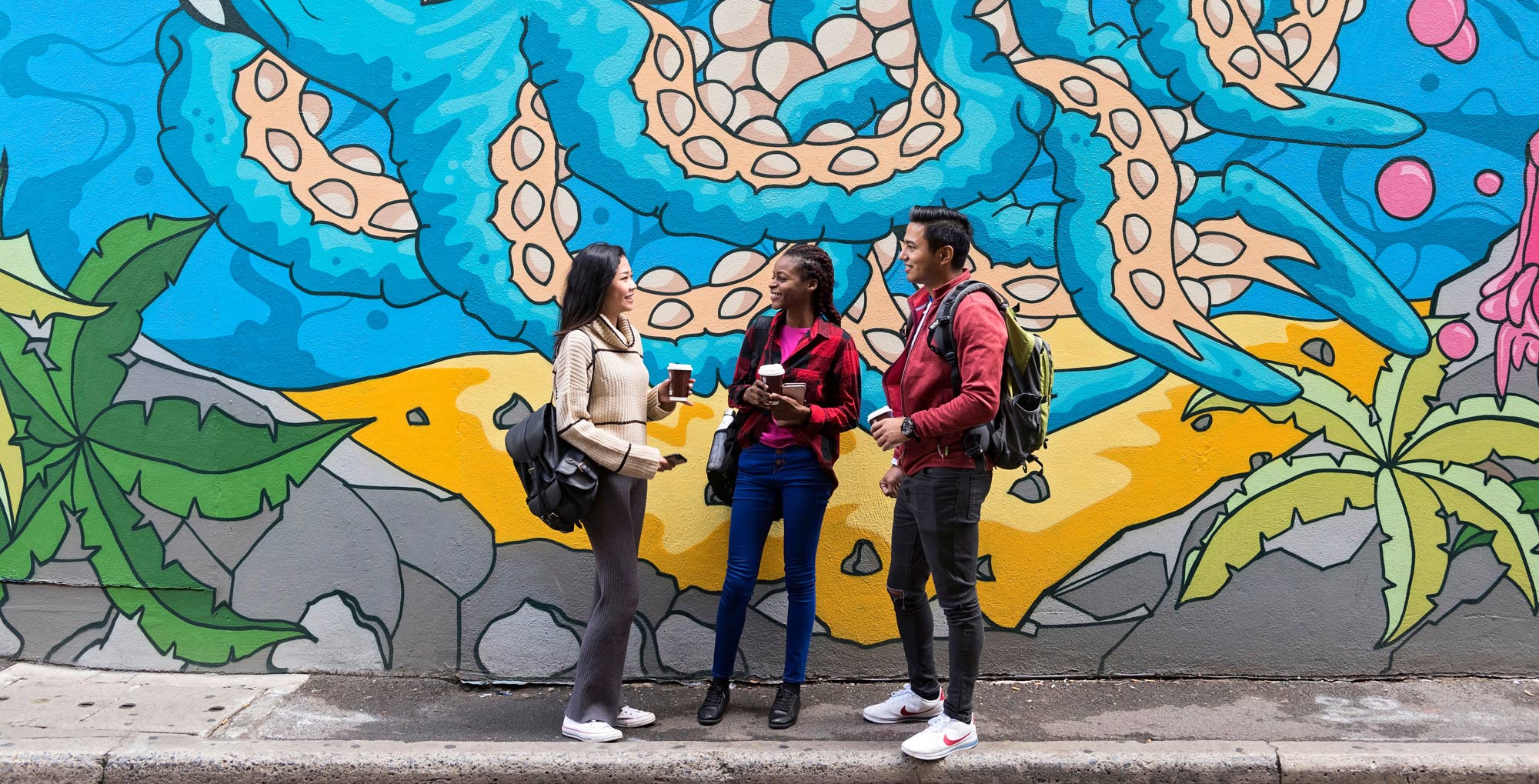
Knowing how to budget and save is an essential life skill. If you’re an international student, then this may be the first time you’ve moved out of home and you are now responsible for paying your living expenses. You may be feeling overwhelmed, but by learning some strategies on how to budget and save, you will be able to pay your expenses on time and have money left over to spend on special things.
Here are practical ways you can budget and save as a university student.
1. Plan for essentials (before and after you arrive)
Before
It’s a good idea to budget before you arrive at university and ensure you have more than enough money in your bank account to cover essential items. This includes:
- Food and groceries
- Rent
- Utilities (e.g. electricity, internet, phone)
- Medical and dental costs
- Health Insurance
- Public transport and
- Course materials (e.g. textbooks, laptop)
Use a Cost of Living calculator to help you plan upcoming expenses for Australian cities.
After
When you arrive, you will find other regular expenses to account for. It’s important that you set your priorities. If there is less money coming in, think about what is essential (e.g. rent) and what is a luxury (e.g. takeaway coffee) and revise your budget accordingly. If you have extra money left over, put it into a high interest savings account. When you go out with your friends, use cash (instead of a debit card or smartphone) to control your spending limit.
2. Explore student-specific discounts
In Australia, you will find many products and services that offer special rates for students. When you enrol at university, you will be given a student ID card. By showing this card, you can access discounted rates to on campus services such as gym memberships and food outlets.
Students receive concession rates for public transport. In Adelaide, international students can get a concession metroCARD which will give you discounted trips on their public transport network.
3. Part-time work
Having a part-time or casual job while you study not only provides you with financial assistance but also helps you build work experience, develop essential soft skills (e.g. teamwork, communication) and improve your English skills. Your academic studies still must take priority. If your job is preventing you from attending classes and completing your assessments, then you will need to reduce your work hours or find a more flexible job.
You can talk to your university’s Career Service for help on your job application, job search and your work rights. Read about the top 8 ways to find your first job and the top jobs for students in Australia.
4. Simple saving strategies
Saving strategies do not need to be complex. There are simple ways to considerably cut down your expenses and have some money left over to treat yourself. Below are some ideas you can use.
Food
- Eating at home or bringing food from home (instead of eating out) will save you a lot of money.
- Before you shop for groceries, take a stock take of what’s in your fridge and pantry and plan meals for the week. Then make a grocery list to minimise buying items on impulse.
- Buy fruit and vegetables that are in season as they will be fresher and cheaper. Frozen food is another good option.
- Look out for items on special or purchase generic supermarket labels.
- Bulk buy
- Pop meals into the freezer so they last longer (and reduce food wastage)
- Look out for restaurants that have weekly specials to attract customers on weeknights that are not as busy (e.g. 2 for 1 deal)
Activities
- Take a walking tour of the city
- Go to the beach or relax in the park
- Attend free festivals and community events
- Visit museums – general entry is usually free
Shopping
- Purchase at Op Shops or second hand
- Shop during Sale season (e.g. Mid-Year Sale)
- Sell your new or used (but still in good condition) goods online to earn some extra cash.
Services
- If you need more affordable accommodation, a house or room share will keep rent manageable. Rent is also more affordable outside the city centre.
- Many universities, libraries, cafes and shopping centres offer free WiFi.
- Instead of purchasing new textbooks, use the free online version that many universities provide or buy second hand. Borrow books and movies from the library.
A little more advice
There isn’t a set budget or savings amount that every student must have during their university studies. Your budget depends on your situation and priorities. Some students may have access to more money so they can easily pay their essentials and afford several luxuries each month, while some students need to take a part-time job to afford essentials as the cost of living in the city they’re living in is higher.
A budget is not final, it can be changed as your circumstances change. Start with simple strategies and work your way up. Being able to manage your finances is a life skill that is relevant now and when you start working. If you need help starting, you can read online resources, access government advice such as Moneysmart or talk to your university’s student services.
Interested in more study and careers advice? Check out our blog. At the University of Adelaide College, our College Services team are here to help you settle into the College and offer you any academic or career guidance you may need.

